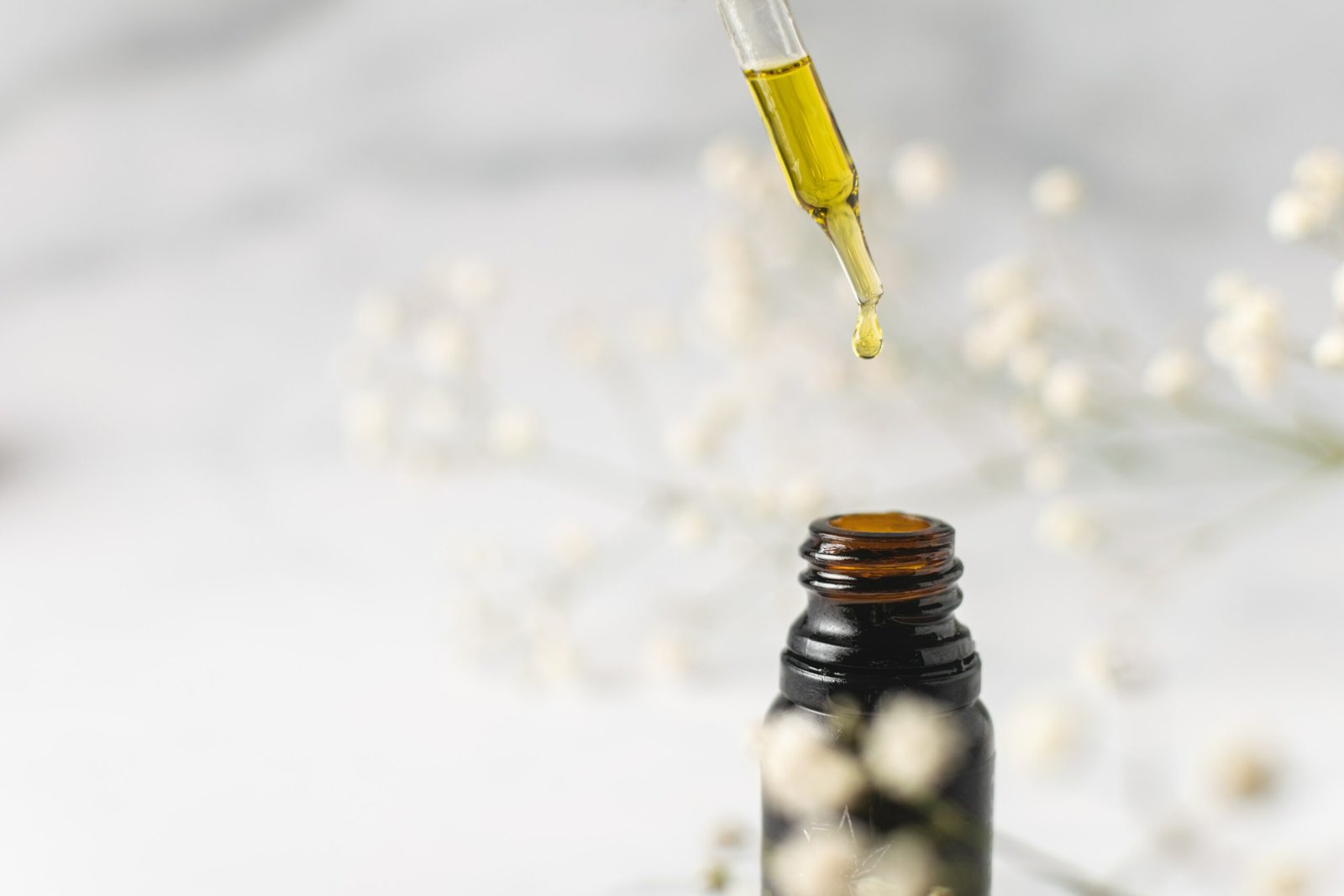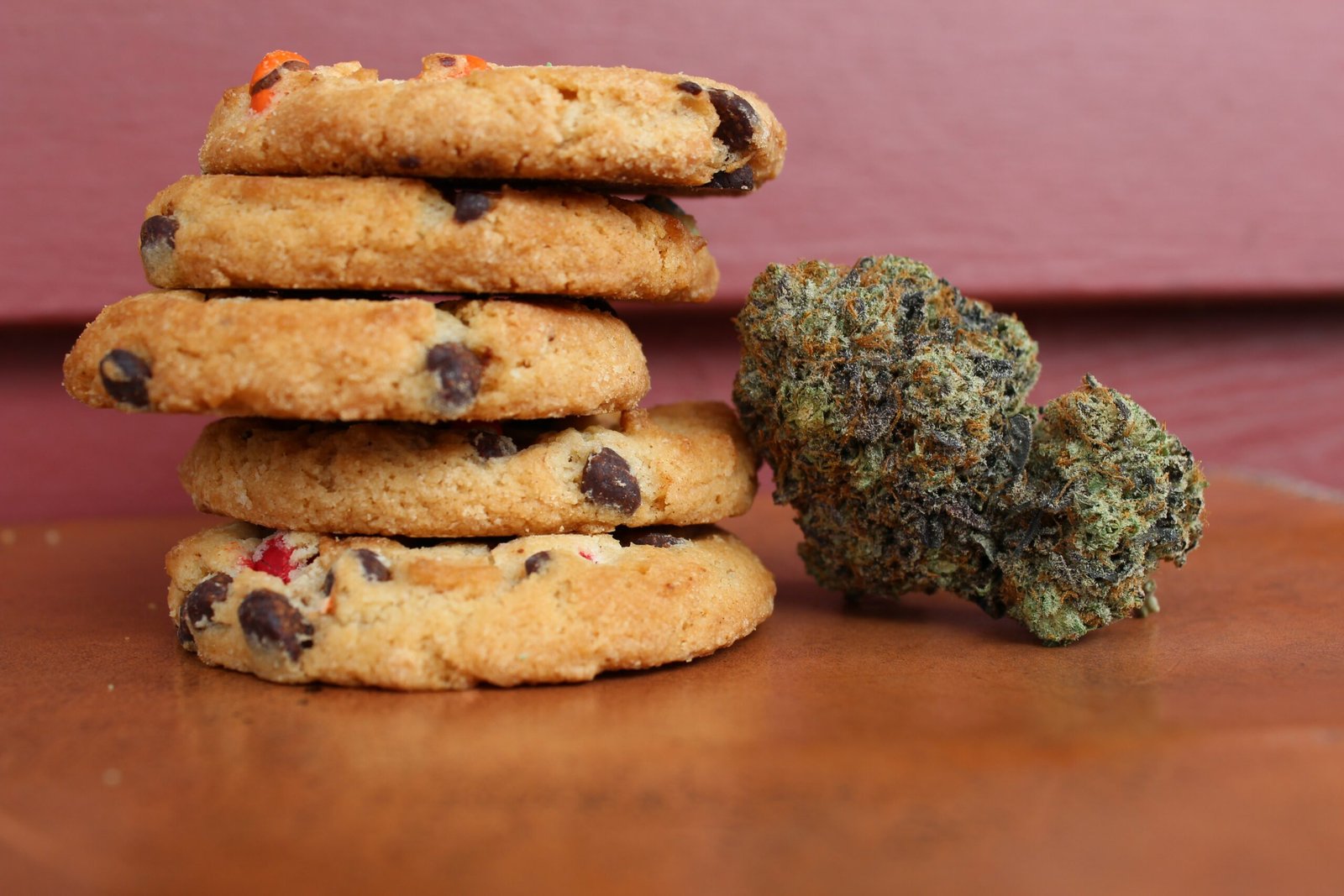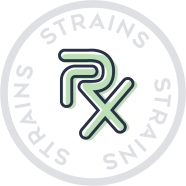Dealing with stress is a big part of modern life. Everyone, male and female alike, has daily pressures in living our lives. These range from the superficial (dealing with bad drivers on the road or seeing a threatening sky that might turn into really bad weather) to longer-term stress-causing problems, like a parent or child that has serious medical conditions or troubling financial problems that could affect our lifestyles.
So how do we deal with stress in our bodies? The answer, unsurprisingly, is mostly chemical.
We all know about neurotransmitters in our bodies, that send and receive messages from our brains to our various organs. When we perceive a situation that causes us to stress out or worry, what happens is that the adrenal glands on our kidneys receive a distress message from the brain. The adrenal glands respond by releasing into the bloodstream adrenalin (epinephrine) and cortisol, two hormones that initiate the ‘fight or flight’ response. You feel a rapid heartbeat, muscle contractions, cold hands and feet, and racing thoughts.
The release of those hormones enables your body to marshall the actions it needs to either defend itself from danger or run like hell.
Originally, scientists believe, this adrenalin-based response was meant to be short-term. An ancient hunter would pick up the signs that a dangerous beast was lurking in the bush nearby and his body would provide him with the chemical release to sharpen his senses and bodily response to defend himself and be successful in the hunt.
But our bodies also have longer-term stressful situations, as described above. We need a stress response that lasts longer than a skirmish with a saber-tooth tiger in the wild. The ancient hunter, for instance, might be worried that he hadn’t killed anything lately and he knows that his hungry family is waiting for him back at the cave. That’s longer-term, not immediate, stress.
That’s where serotonin comes in. This chemical, produced by our nerves to communicate with other nerves, enables us to deal with long term stress. And medical science is now studying SRDs, or Serotonin Related Disorders, which include all kinds of things, including depression, fibromyalgia, alcoholism, panic attacks and more.
Medical science has responded by producing all the anti-anxiety medications available today (Prozac, Zoloft, Celexa and many others) which increase the serotonin levels in the brain.
But now comes cannabis, a substance that’s been around for thousands of years, and is often used for relaxation and, yes, stress reduction. Does it work?
Chemically, the answer seems to be yes. But only in small doses.
THC does not, by itself, cause an uptick in the body’s serotonin levels. But studies have shown that small doses of THC may increase the level or serotonin neurotransmission.
Likewise, CBD, in low to moderate levels of dosage, may be helpful in stress reduction. The anxiolytic effects are thought to come from the stimulation of an important serotonin receptor. However, some people find using CBD creates wakefulness, which might work against overall stress reduction.
So it appears the answer to utilizing cannabis and its strains for stress and anxiety reduction depends on the dosage. Since everyone’s endocannabinoid system (ECS) is different, that means you need to experiment with different dosages to find the level that best suits you.
A recent university study on the subject divided a group of volunteers into three groups. One group took a small cannabis dose (7.5 mgs), another took a larger dose (12.5mgs) and the third took a placebo. Then, all three groups were presented with a stressful situation: preparing for a job interview or something similar. The low-dosage group consistently reported less anxiety and better overall performance than the other two.
So it appears that in using cannabis to reduce stress and alleviate feelings of anxiety, less is more.
Strains-RX offers a full range of products with chemically isolated strains of THC, CBD and more that will help provide the correct level of serotonin production to help you deal with the modern world.





